Cajuput oil from Central Java, Indonesia, was derived from the Melaleuca cajuputi tree, holds a unique place in the global essential oil market. It stands out for its natural properties, cultural significance, and sustainable production. Indeed, Indonesia, particularly Cilacap in Central Java, is a key producer of high-quality cajuput oil. For centuries, local communities have harnessed its many benefits, making it an integral part of their traditions. In this article, we will explore the traditional uses of cajuput oil from Central Java, Indonesia, its production process, and ongoing sustainability practices.
The Cultural Importance of Cajuput Oil
Cajuput oil is more than just a commodity in Central Java. For generations, local people have used it for its medicinal and aromatic properties. Traditionally, families applied cajuput oil as a natural remedy for respiratory issues, muscle pain, and skin conditions. This practice remains deeply embedded in daily life. Moreover, elders often pass down these remedies to younger generations, preserving valuable knowledge.
The oil’s soothing scent also plays a role in local ceremonies. In Javanese culture, cajuput oil symbolizes purity and healing. For example, it is often used in traditional massage therapies, known as “pijat”, to relieve stress and fatigue. Clearly, these practices showcase how cultural traditions and natural resources intertwine in Central Java.
Furthermore, cajuput oil production supports local livelihoods. Many families rely on the industry for their income. From harvesting leaves to distilling oil, every step reflects a blend of heritage and craftsmanship. As a result, purchasing cajuput oil from Cilacap helps sustain both cultural traditions and rural economies.
The Production Process: Tradition Meets Expertise
Cajuput oil production in Cilacap involves a careful, time-honored process. Local farmers follow traditional methods while incorporating modern improvements to ensure quality. Therefore, the process can be broken down into three key stages:
1. Harvesting the Leaves
Cajuput trees thrive in Central Java’s tropical climate. Skilled farmers harvest the leaves and twigs carefully, ensuring the trees remain healthy. Additionally, sustainable harvesting practices, such as selective pruning, prevent overexploitation. Consequently, the fresh leaves, rich in essential oil, are collected at peak maturity to maximize yield.
2. Steam Distillation
After harvesting, the leaves undergo a steam distillation process. This method extracts the cajuput oil while preserving its natural properties. Farmers use traditional steam distillers fueled by locally sourced wood. As a result, the process requires precise temperature control and patience. Typically, the distillation process takes several hours to produce pure, high-quality oil.
3. Quality Control and Packaging
Once the oil is extracted, it goes through rigorous quality checks. Producers ensure the oil meets international standards for purity and composition. After testing, the cajuput oil is carefully packaged in eco-friendly containers, ready for export to global markets. Thus, the quality remains consistent and reliable for importers.
This production method highlights a combination of cultural wisdom and modern expertise. By relying on sustainable techniques, farmers maintain both quality and environmental balance.
Sustainability Practices: Preserving Resources for Future Generations
As global demand for natural products grows, sustainability becomes essential. In Cilacap, farmers and producers embrace environmentally conscious practices to protect cajuput resources for the future.
Replanting Cajuput Trees
To combat deforestation, farmers actively replant cajuput trees. For every tree harvested, new saplings are planted. This approach ensures a continuous supply of raw materials while supporting the local ecosystem. Additionally, reforestation efforts improve soil quality and prevent erosion in rural areas.
Responsible Harvesting
Selective harvesting practices allow cajuput trees to regenerate naturally. Farmers avoid overharvesting by collecting only mature leaves and leaving young shoots intact. Consequently, this sustainable approach maintains the health and productivity of the trees.
Waste Management and Energy Efficiency
Cajuput oil production generates minimal waste. After distillation, the remaining biomass is repurposed as fuel or compost. Furthermore, some producers are adopting energy-efficient distillation methods to reduce carbon emissions. By minimizing waste and energy consumption, cajuput producers contribute to a greener future.
Supporting Local Communities
Sustainability also includes empowering local communities. The cajuput oil industry provides fair wages and employment opportunities to rural families. Moreover, producers often invest in community development projects, such as education and healthcare initiatives. Therefore, these efforts ensure a better quality of life for farmers and their families.
Expanding Global Awareness of Cajuput Oil
In recent years, the global market has shown increasing interest in natural products. Importers and enthusiasts have recognized the many advantages of essential oils like cajuput. For instance, aromatherapy, wellness products, and natural remedies have experienced a surge in demand. Consequently, cajuput oil stands out as a sustainable, effective solution.
International trade events and expos have played an essential role in expanding awareness. Producers from Central Java, particularly Cilacap, actively participate in these events. By showcasing their products to a wider audience, they demonstrate the exceptional quality and sustainability of their cajuput oil. Therefore, importers can confidently include this versatile essential oil in their product offerings.
Why Choose Cajuput Oil from Central Java?
For importers and essential oil enthusiasts, cajuput oil from Cilacap offers distinct advantages. Its superior quality, combined with ethical production practices, sets it apart in the market. Here are a few reasons why it is the ideal choice:
- Rich in Natural Benefits: Cajuput oil possesses powerful anti-inflammatory, antiseptic, and analgesic properties. Therefore, it is widely used in aromatherapy, skincare, and wellness products.
- Cultural Authenticity: Each drop of cajuput oil reflects centuries of cultural heritage and expertise. Supporting this industry helps preserve these traditions for future generations.
- Sustainable and Ethical: Producers prioritize environmental conservation and community welfare. By choosing cajuput oil from Cilacap, you support ethical trade and sustainability.
- Global Standards of Quality: The oil meets rigorous quality standards, making it suitable for international markets. Thus, importers can trust its purity and consistency.
Conclusion: Embrace the Legacy of Cajuput Oil
The demand for natural products continues to rise, and cajuput oil stands out as a versatile, high-quality essential oil. Cilacap, Central Java, is home to this precious resource, where cultural importance, sustainable production, and quality intersect. By choosing to explore the traditional uses of cajuput oil from Central Java, Indonesia, you contribute to a legacy of healing, heritage, and sustainability.
Importers and essential oil enthusiasts can rest assured that each bottle of cajuput oil supports ethical practices and local communities. Furthermore, as you embrace this exceptional product, you help preserve a time-honored tradition while meeting the global demand for natural wellness solutions. Ultimately, choosing cajuput oil is an investment in quality, culture, and sustainability.
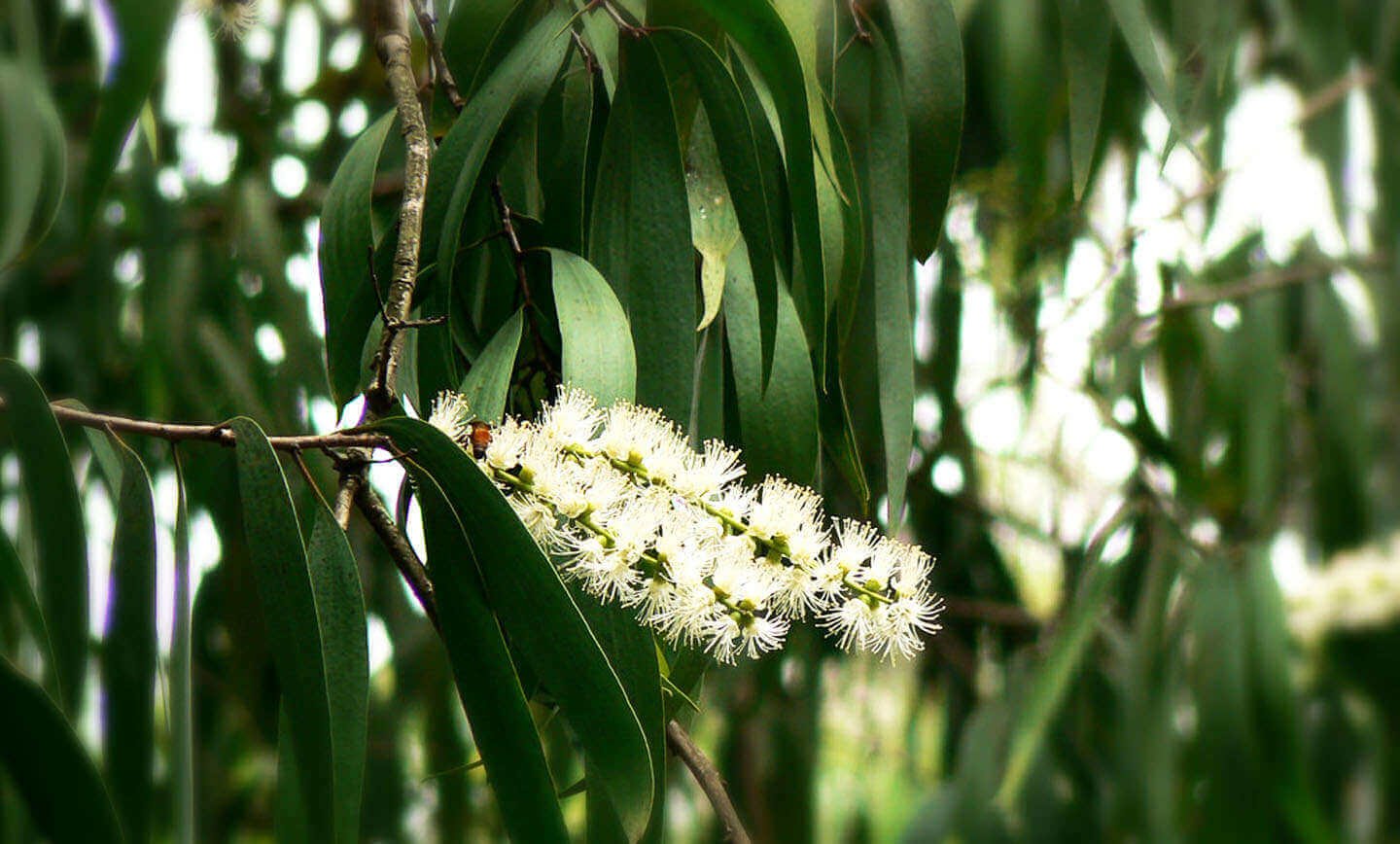
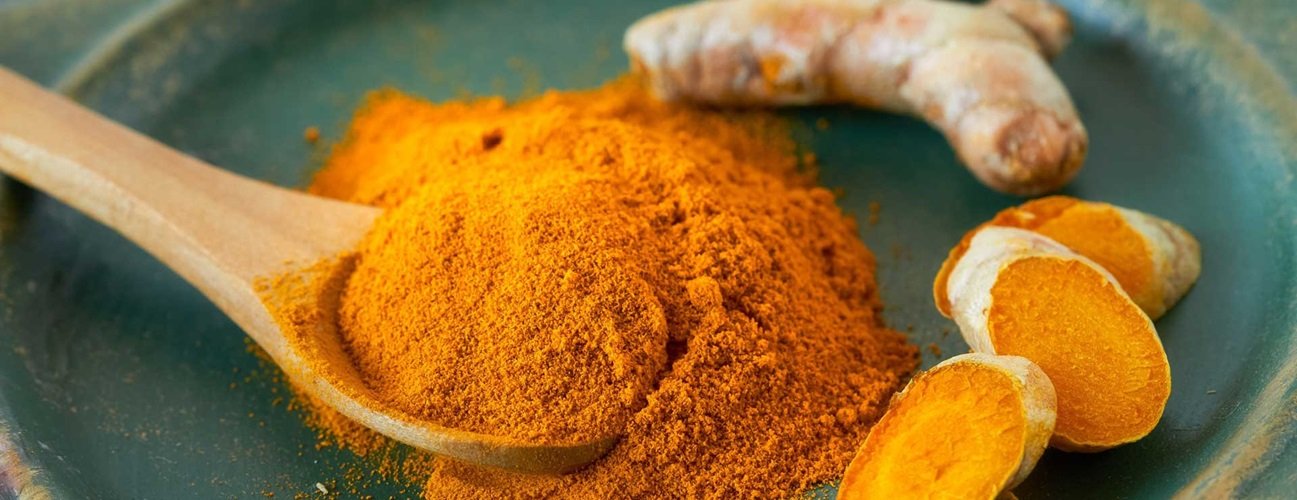
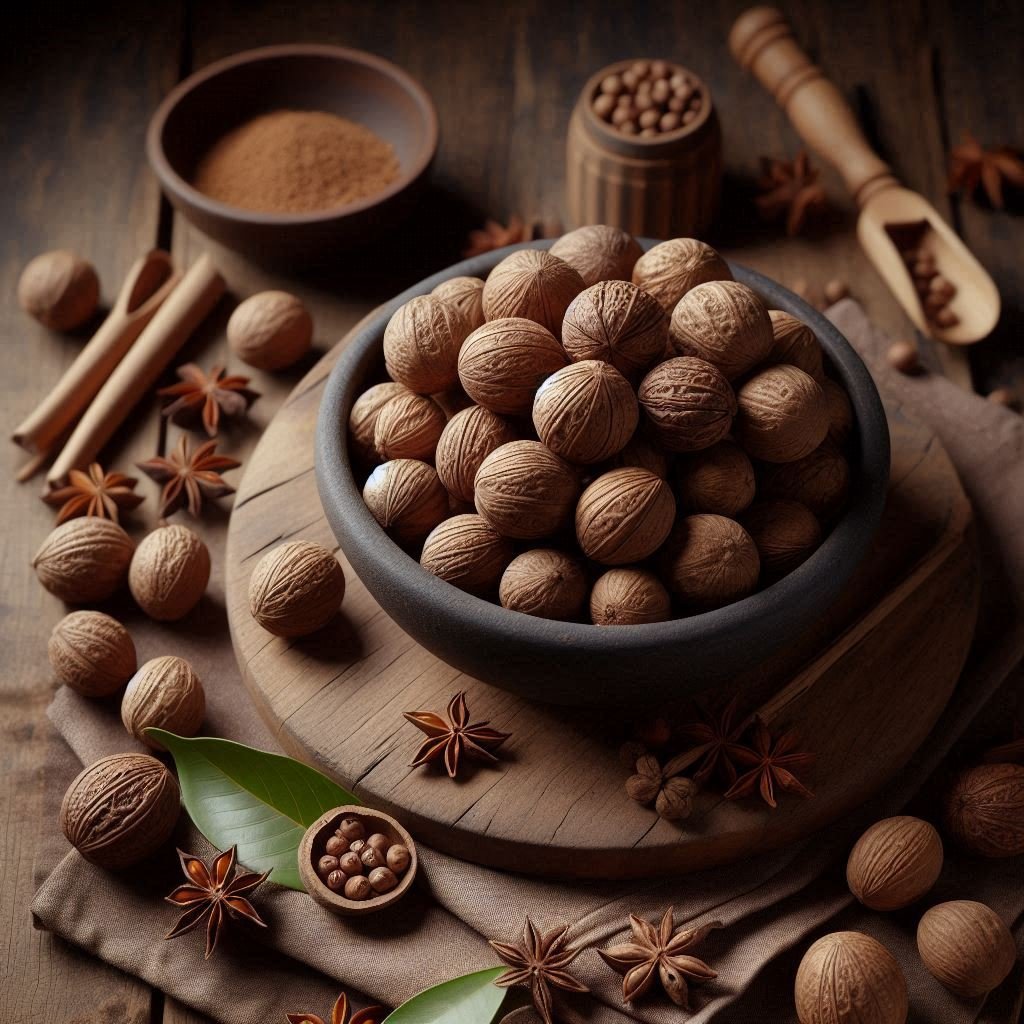

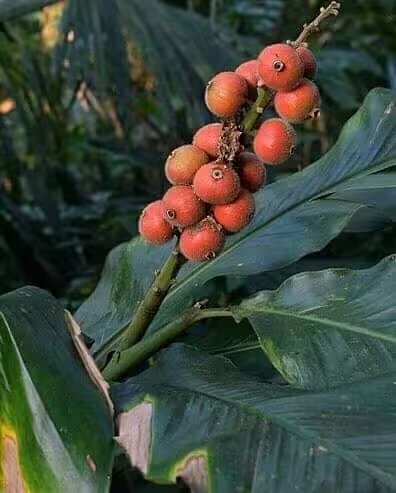
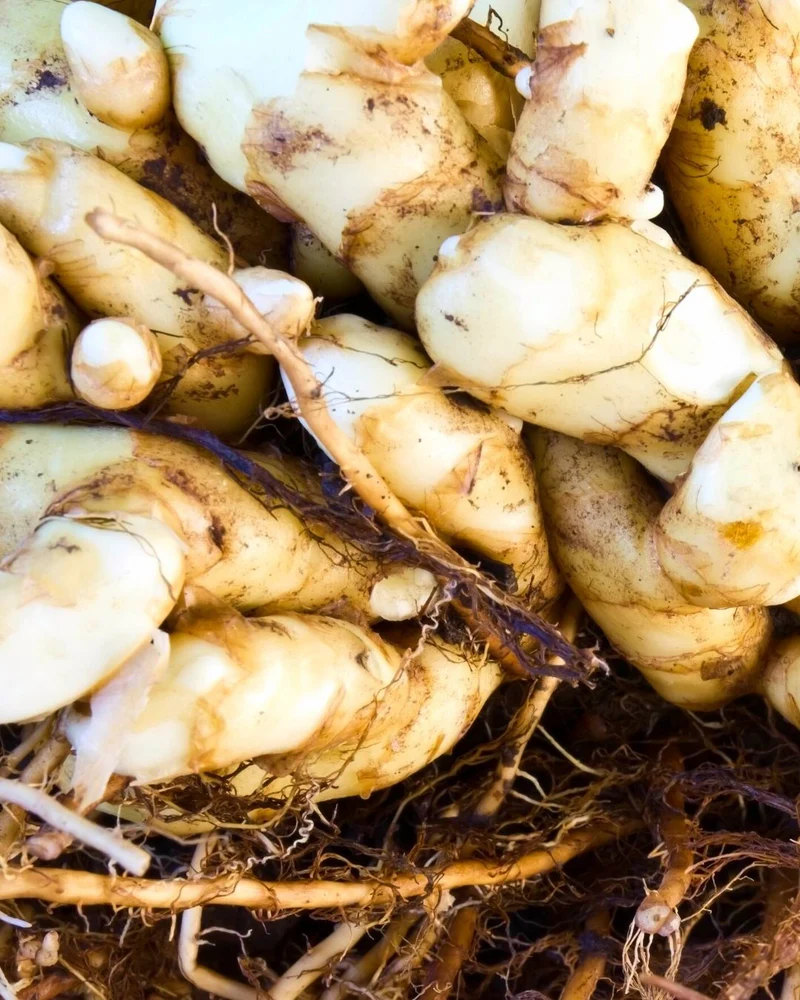
Leave a Reply